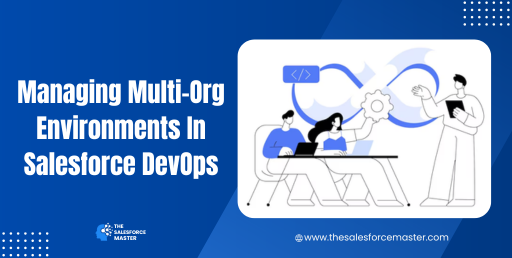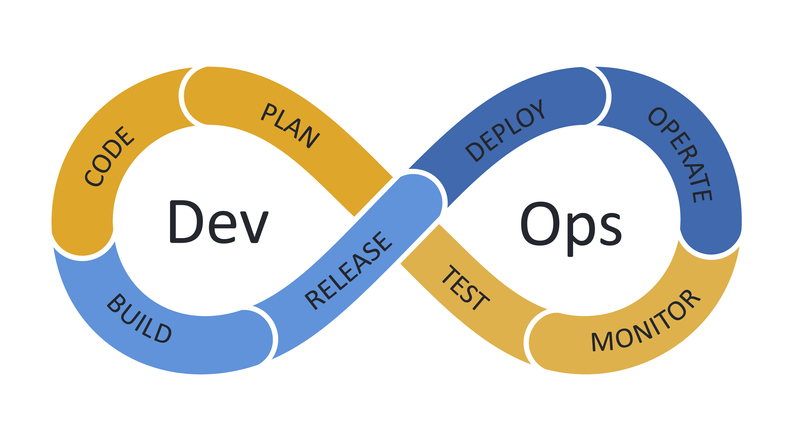
Multi-Org Environments in Salesforce DevOps
Managing multi-org environments in Salesforce DevOps can be complex, but it is essential for Salesforce Marketers aiming to optimize their workflows. This guide will help you understand best practices and strategies to efficiently manage multiple orgs in your Salesforce ecosystem.
Understanding Multi-Org Environments
In Salesforce DevOps, a multi-org environment refers to the use of multiple Salesforce orgs (organizations) to support different business functions, regions, or stages of development. These environments allow Salesforce Marketers to segregate data, processes, and development tasks effectively.
Key Considerations
- Data Segmentation: One of the primary reasons for maintaining multiple orgs is to segment data. For example, separate orgs can be used for different geographic regions to comply with data privacy regulations.
- Process Customization: Different business units might require unique customizations. Multi-org environments let Salesforce Marketers tailor processes without impacting other units.
- Development and Testing: Using separate orgs for development and testing ensures that changes are thoroughly vetted before being deployed to production. This reduces the risk of disruptions in the live environment.
Strategies for Effective Multi-Org Management
Implementing a Strong Governance Framework
A robust governance framework is crucial in managing multi-org environments. This includes defining roles and responsibilities, setting up security protocols, and ensuring compliance with organizational standards. By establishing clear governance, Salesforce Marketers can maintain consistency and control across all orgs.
Utilizing DevOps Tools
Salesforce DevOps tools like Jenkins, Copado, and Gearset can significantly streamline the management of multi-org environments. These tools automate deployment processes, track changes, and manage integrations, helping Salesforce Marketers maintain efficiency and reduce errors.
Regular Audits and Monitoring
Regular audits and monitoring are essential for maintaining the health of multi-org environments. Salesforce Marketers should schedule periodic reviews to ensure data integrity, security compliance, and optimal performance. Tools like Salesforce Shield can provide advanced monitoring and auditing capabilities.
Best Practices for Salesforce Marketers
Centralized Configuration Management
Centralized configuration management helps maintain consistency across multiple orgs. Using tools like Salesforce DX, Salesforce Marketers can manage configurations and metadata centrally, ensuring that changes are uniformly applied across all environments.
Continuous Integration and Continuous Deployment (CI/CD)
Adopting CI/CD practices is vital for efficient multi-org management. CI/CD pipelines automate the integration and deployment of changes, reducing manual effort and minimizing the risk of errors. Salesforce Marketers can leverage CI/CD to ensure smooth and consistent updates across all orgs.
Training and Support
Providing adequate training and support to team members is essential. Salesforce Marketers should ensure that all users are familiar with the tools and processes involved in managing multi-org environments. This can be achieved through regular training sessions and creating of comprehensive documentation.
Communication and Collaboration
Effective communication and collaboration are key to successful multi-org management. Salesforce Marketers should establish channels for regular communication between teams. Tools like Slack or Microsoft Teams can facilitate real-time collaboration, ensuring that everyone is on the same page.
Conclusion
Managing multi-org environments in Salesforce DevOps requires careful planning, robust tools, and effective collaboration. By following best practices and leveraging the right strategies, Salesforce Marketers can ensure efficient and seamless operations across all orgs. Implementing these guidelines will help in optimizing workflows, enhancing data security, and achieving better business outcomes.
Remember, the key to successful multi-org management lies in strong governance, regular monitoring, and continuous improvement. Salesforce Marketers who adopt these principles will be well-equipped to handle the complexities of multi-org environments, driving their organizations towards greater success.


